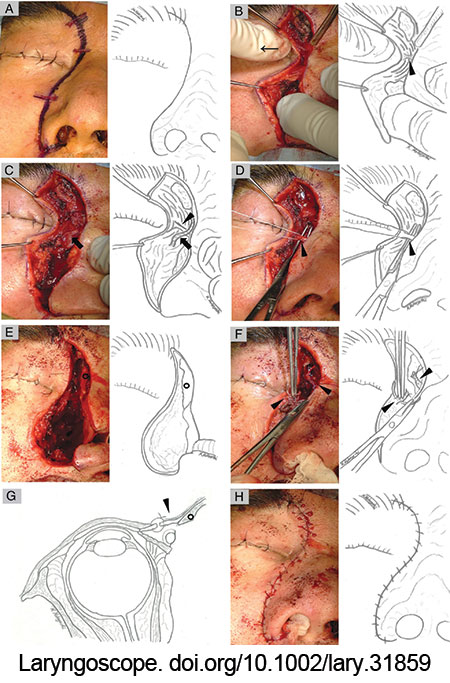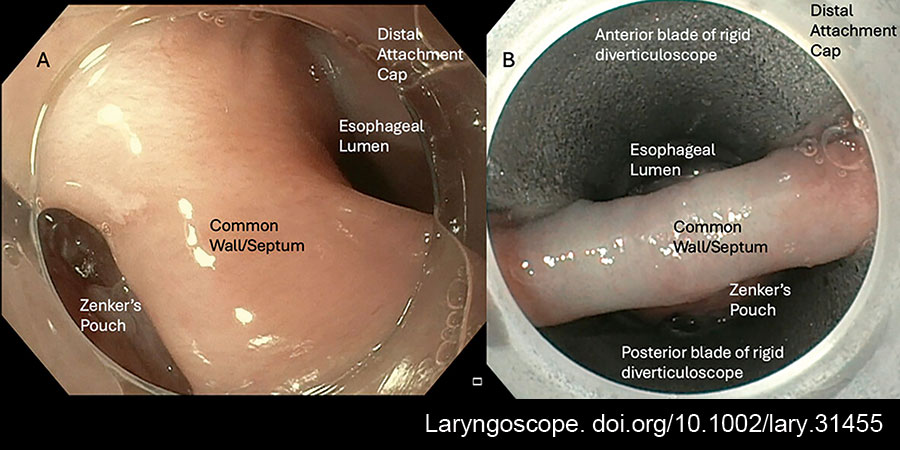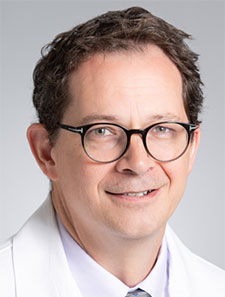Can high degrees of human musicality be supportive of hearing health?
NECTORS and Dissection Compares Favorably to CCRT in Patients with HPV-Related Oropharyngeal Squamous Cell Carcinoma
How effective is neoadjuvant chemotherapy followed by transoral robotic surgery (NECTORS) and neck dissection compared with standard-of-care concurrent chemoradiation (CCRT) in patients with human papillomavirus (HPV)-related oropharyngeal squamous cell carcinoma (OPSCC)?
Primary Epistaxis Occurs Most Frequently During Overnight and Winter Months
What is the frequency of idiopathic epistaxis onset and its severity relative to the time of day?
Biologics Shown Effective in Real-World Setting for Managing Patients with Severe Chronic Rhinosinusitis with Nasal Polyps
How do the clinical effects and response times of dupilumab, omalizumab, and mepolizumab compare when treating patients with severe, uncontrolled chronic rhinosinusitis with nasal polyps (CRSwNP)?

Awareness Fuels Olfactory Advances: Treating and Managing Smell Loss
More than 13 million U.S adults live with measurable smell dysfunction, according to the National Institute on Deafness and Other Communication Disorders.

How To: Meticulous Approach to Medial Palpebral Ligament in Lateral Rhinotomy: Avoiding Canthus Malposition
This study presents proven techniques and technical tips for MPL management in medial maxillectomy via a lateral rhinotomy.

How To: Zenker’s Per Oral Endoscopic Myotomy with Partial Mucosal Septum Division Modification
The authors describe their current approach for flexible endoscopic management of Zenker’s diverticulum. This approach uses the latest techniques in flexible Zenker’s surgery, including submucosal division of the muscular common wall, partial mucosal wall division, and watertight closure.

Trio Meeting: Recognizing Excellence in Otolaryngology
At the 2025 Combined Sections Meeting, held in Orlando, Fla., January 23-25, the four sections of the Triological Society took the stage to recognize and appre-ciate otolaryngologists from across the country.

Surgeon Scientist Symposium Offers Support for Early Career Researchers in Otolaryngology
Developing the next generation of surgeon scientists is challenging; however, a unique program at Vanderbilt University Medical Center in Nashville is addressing some of the difficulties young clinician–researchers in otolaryngology may face through its annual Surgeon Scientist Symposium, now entering its second year.

Less Is More: Advancements in Thyroid Surgery
Thyroid cancer rates are up worldwide. Total thyroidectomy rates are declining. This apparent dichotomy is driven by two trends: increased diagnosis of thyroid cancer, largely due to increased availability and utilization of advanced imaging, and technological advances that enable physicians to treat thyroid cancers and nodules more precisely.
- « Previous Page
- 1
- …
- 15
- 16
- 17
- 18
- 19
- …
- 342
- Next Page »